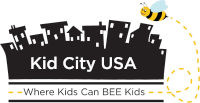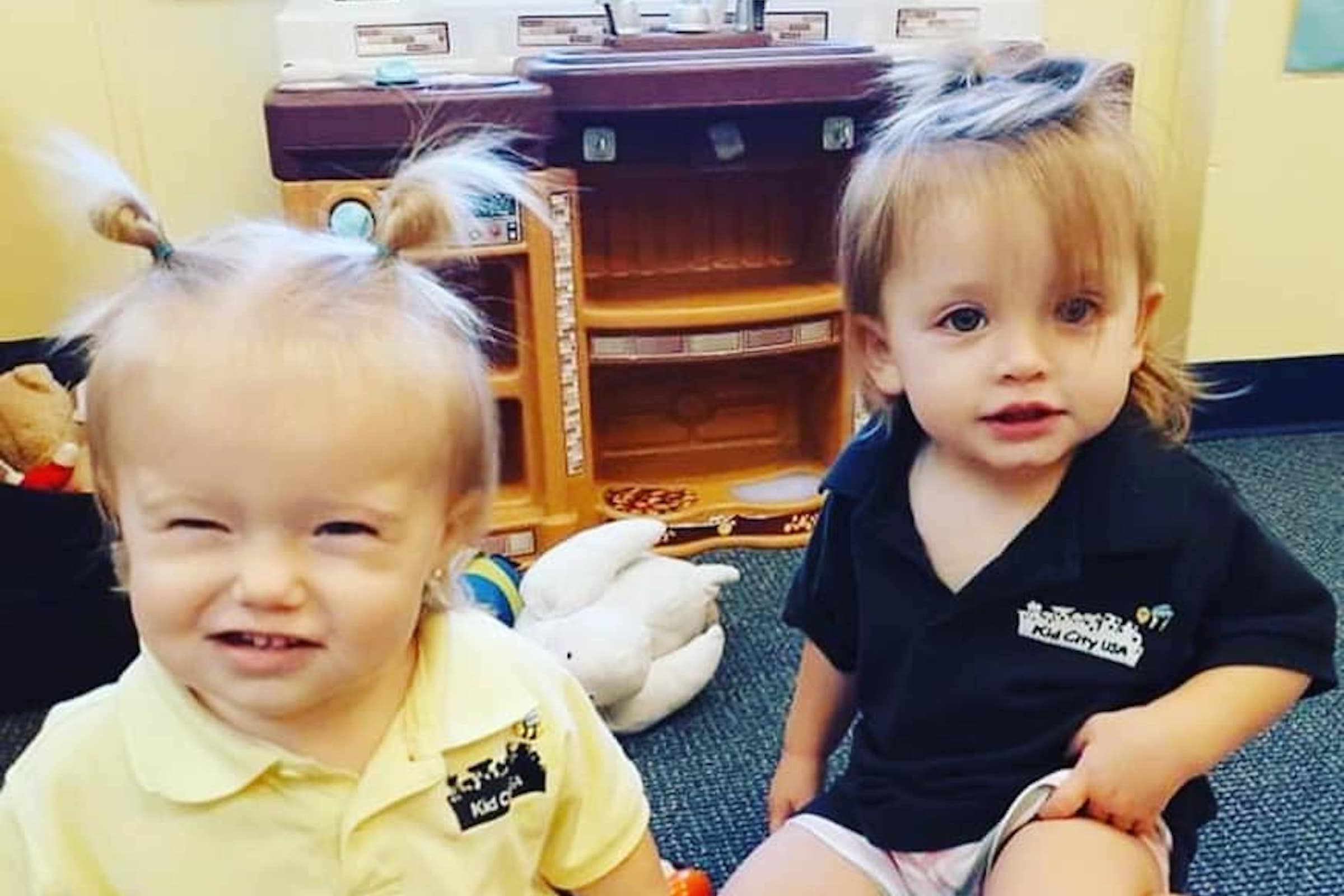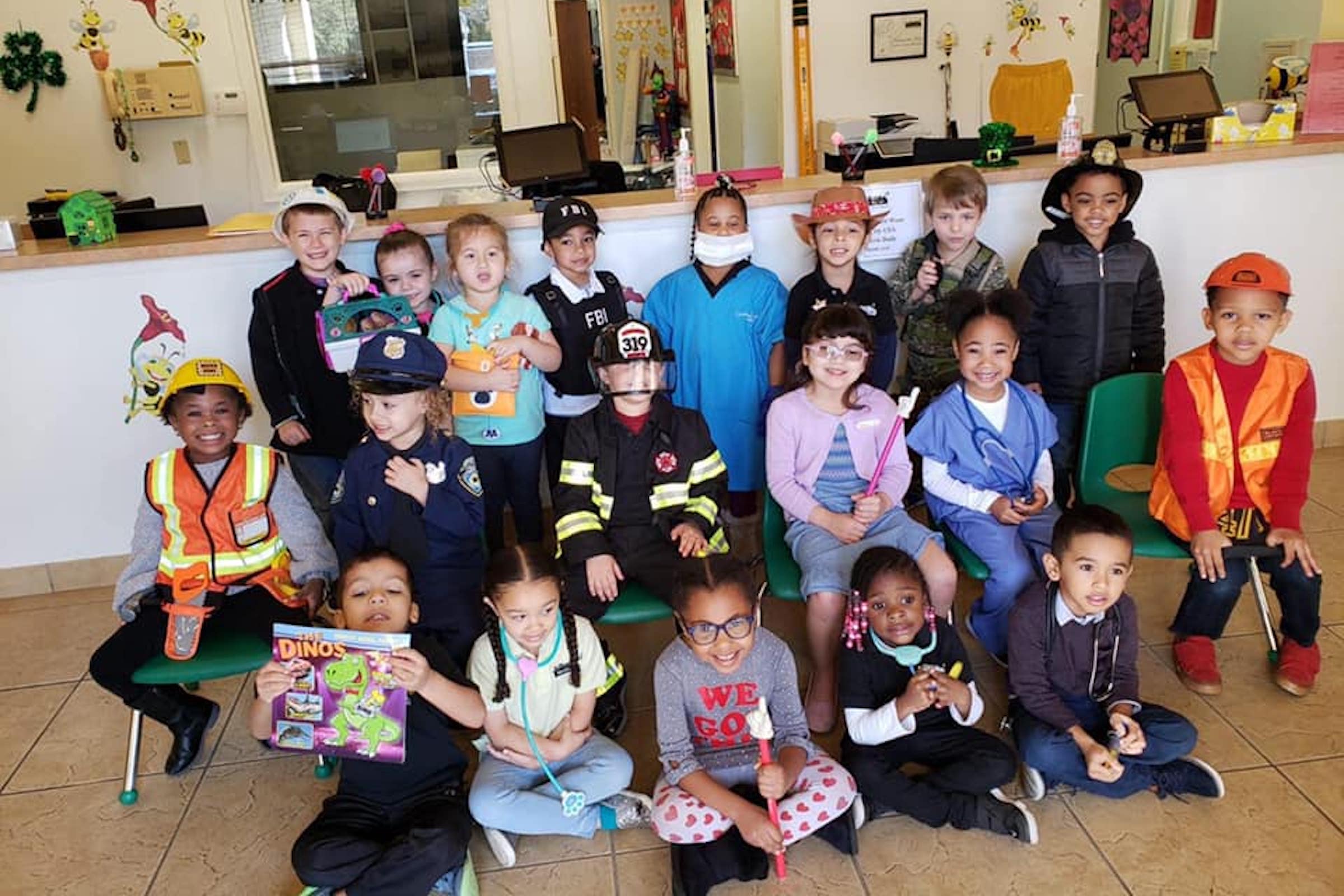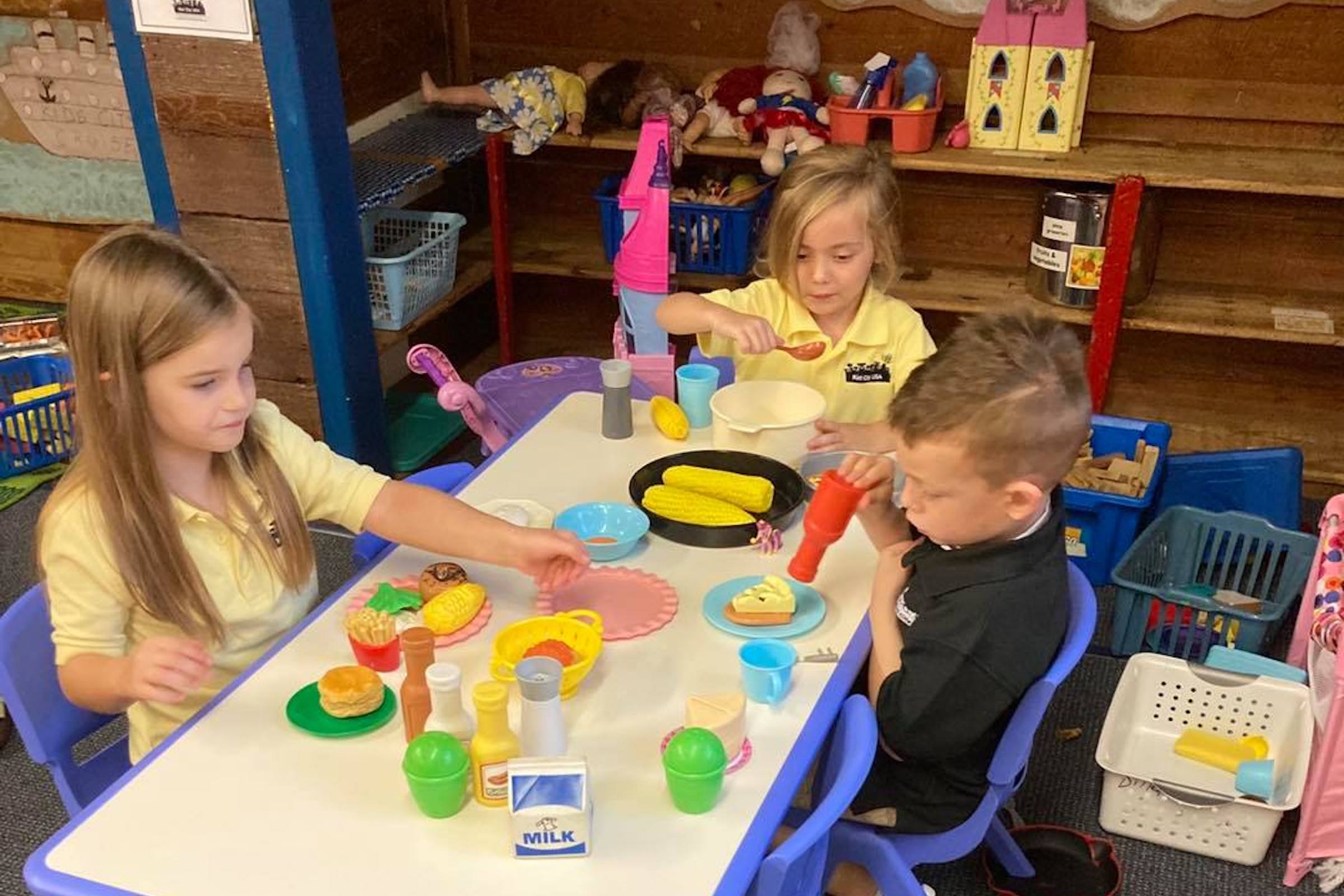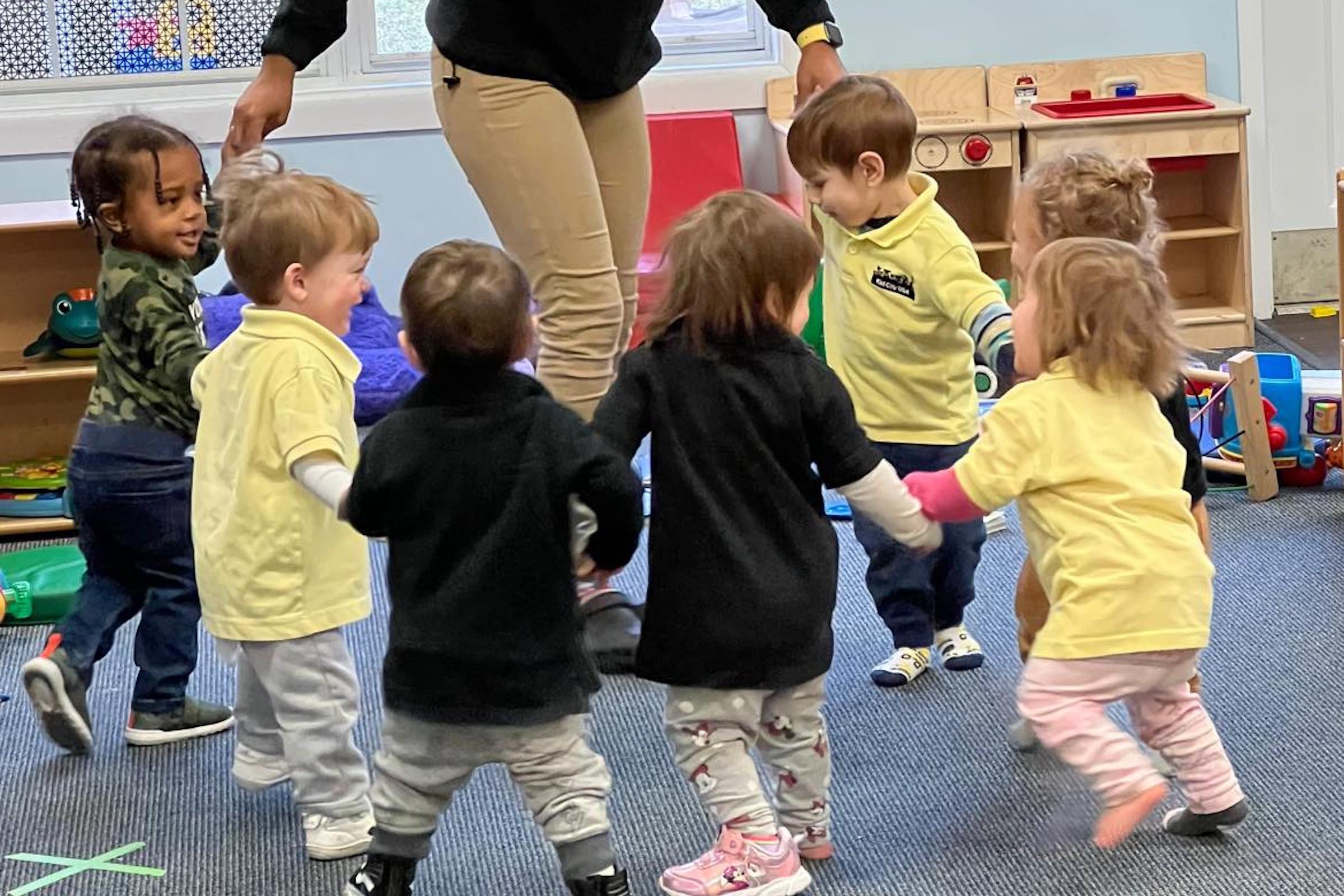Preschool marks a significant milestone in a child’s life. It’s a time of rapid growth, learning, and exploration. However, parents often find themselves pondering over the right age to start this educational journey. This guide aims to shed light on the ideal time to begin preschool, taking into account various factors such as developmental readiness, age norms, and educational systems.
1. Understanding the Age Range
Typically, preschool is designed for children between the ages of 3 and 5. This range can vary slightly depending on the country or the educational philosophy of the preschool. For instance, in the United States, most preschools accept children at the age of 3, while in some European countries, children might start as early as 2.
2. Developmental Readiness
More important than chronological age is a child’s developmental readiness. Signs that a child is ready for preschool include:
- Ability to follow simple instructions
- Basic social skills like sharing and taking turns
- Independence in bathroom use
- Ability to express needs verbally
Every child develops at their own pace, so it’s crucial to assess individual readiness rather than just age.
3. Educational System Differences
Different countries have varying educational systems. For instance, the UK has a ‘foundation stage’ for children aged 3-5, while in Scandinavia, informal play-based learning starts at a younger age. In the U.S., preschool is not mandatory, but many parents opt for early education to prepare their children for kindergarten.
4. Part-time vs. Full-time Preschool
The decision between part-time and full-time preschool also depends on the child’s readiness and family needs. Part-time programs can be a gentle introduction to school life, especially for younger children.
5. Preparing for Preschool
Preparation for preschool includes familiarizing the child with a structured routine, encouraging social interactions, and fostering independence. Reading books about preschool, visiting the school beforehand, and discussing what to expect can ease the transition.
6. The Role of Parents
Parents play a crucial role in this transition. They should remain observant of their child’s adaptability and emotional readiness. Open communication with preschool teachers is essential to understand the child’s progress and tackle any challenges.
Conclusion
Deciding when to start preschool is a decision that involves considering the child’s age, developmental stage, and family circumstances. The key is to ensure that the child is ready to benefit from the enriching experience that preschool offers. Remember, the goal of preschool is not just academic preparation but fostering a lifelong love for learning.
